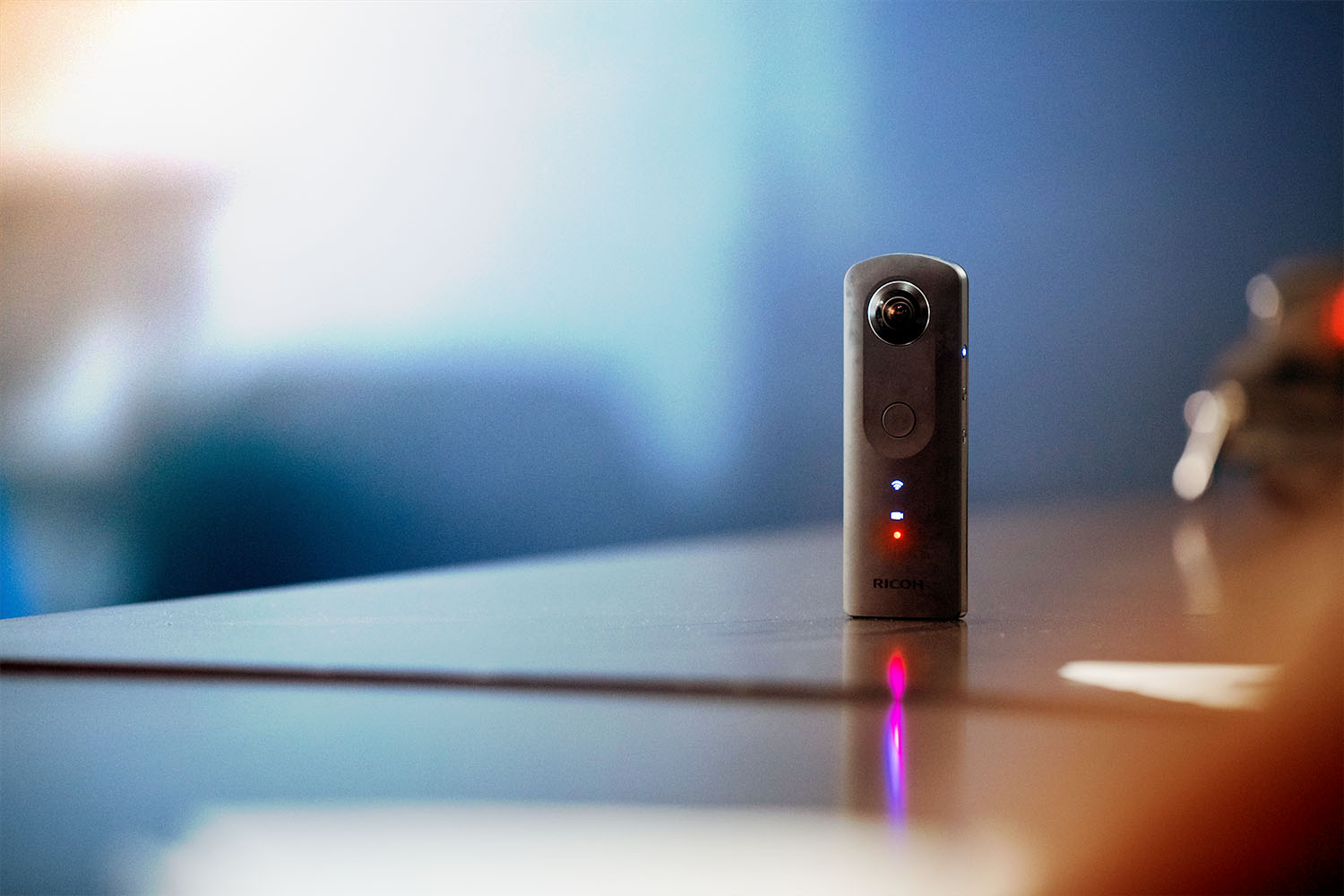Spain's Constitutional Court gives new ruling on the use of CCTV cameras
Published on 30th November 2022
The appeal judgment considered security cameras evidence valid to justify a disciplinary dismissal.

The Constitutional Court in a new ruling has considered that the use of the images captured by a company's security cameras are lawful means of evidence to dismiss an employee who knew neither of their installation in the workplace nor of their use for disciplinary purposes.
The Plenary of the Constitutional Court, in judgment number 1909/2022, dated 29 September 2022, analysed the possible infringement of an employee's right to privacy during his disciplinary dismissal, which used the images from the company's security cameras without the employees being given prior notice either of their installation or of the processing of the images for disciplinary purposes.
The case stems from suspicions of product theft by an employee. Specifically, the suspicious behavior consisted of the employee storing a company product in a place that was not designated for this purpose, and the product disappeared the following day. In order to verify this, the company manager reviewed the security camera recordings, confirming his suspicions and leading to the disciplinary dismissal of the employee.
Installation of security cameras
The employee had no prior and express information about the installation of security cameras and their use for disciplinary purposes. However, the security cameras were installed inside the workplace, in full view of the employees and the public, with a sign announcing their existence on the outside of the premises. Moreover, this was known to the employees due to the existence of a precedent in 2014, when an employee was dismissed after finding unlawful conduct through the use of the images captured by the CCTV cameras.
The core of the debate is whether the use of images captured by security cameras for disciplinary purposes, when the employee had not been warned of the installation of these cameras, is covered by the exception to the duty of prior and express information set out in Article 89 of Organic Law 3/2018. Specifically, section 1 of Article 89 provides as an exception to the employer's duty to expressly inform employees in advance of the use of security images those cases in which the flagrant commission of an unlawful act has been captured.
After a long judicial process, the High Court of Justice of the Basque Country declared that the dismissal should have been unlawful as it considered the evidence provided to be unlawful for violating the employee's right to privacy, as the company had sufficient time to inform adequately the employees of the use of the security cameras but failed to do so.
Constitutional Court appeal
Faced with this unfavorable ruling for its interests, the company filed an appeal for the Constitutional Court and, finally, the Constitutional Court upheld the appeal, considering that the right to effective judicial protection and the right to a trial with all guarantees, set out in article 24 of the Spanish Constitution, had been violated due to the improper declaration of unlawfulness of the evidence.
In its judgment, the Constitutional Court concludes that the use of the cameras is valid, as it is a justified, appropriate, necessary and proportionate measure:
- Justified because there was a reasonable suspicion of appropriation of an object belonging to the company, and that the employee's irregular conduct had to be proven.
- Suitable for verifying the facts; that is, for establishing the possible unlawfulness of the employee's conduct, which was confirmed by examining the images from the security cameras.
- Necessary because it was the only reliable means of knowing what had happened. Any other measure would have warned the employee, so the company's action would have been ineffective.
- Proportionate because the cameras were limited to a specific area and period of time, which in this case were work areas open to public attention. In no case in reserved areas.
For all these reasons, the Constitutional Court ruled out the infringement of the employee's right to privacy, and considered the security cameras evidence valid to justify the disciplinary dismissal. Specifically, the Constitutional Court points out that the cameras were indeed used to verify a specific fact on the basis of a precise circumstantial suspicion.





